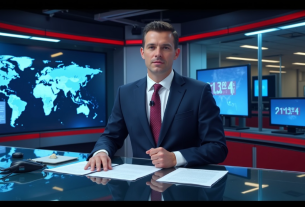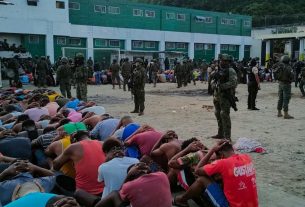The U.S. military carried out airstrikes on four suspected narcotics-trafficking vessels in the eastern Pacific Ocean on Monday, October 27, killing 14 individuals, according to Defense Secretary Pete Hegseth. The strikes, ordered by President Donald Trump, mark the most lethal single-day operation in the administration’s expanding counter-narcotics campaign and bring the total death toll from recent maritime strikes to at least 51 Firstpost Yahoo.
The vessels were reportedly traveling along known drug-trafficking routes, and U.S. officials claim they were carrying narcotics. However, no physical evidence has been publicly presented to confirm the presence of drugs or weapons on board. One survivor was rescued by Mexican authorities, while the U.S. military reported no casualties among its personnel Firstpost Yahoo.
This latest operation is part of a broader shift in U.S. military posture, which has seen the deployment of guided-missile destroyers, F-35 fighter jets, and a nuclear submarine to the region. The Ford carrier strike group is also en route to the Caribbean, signaling a significant escalation in Washington’s efforts to combat transnational drug networks Yahoo.
While the Pentagon maintains that the vessels were legitimate targets based on intelligence assessments, the lack of independent verification and the preemptive nature of the strikes have raised alarms among legal experts and human rights observers. Critics argue that targeting “suspected” vessels without transparent evidence or judicial oversight risks undermining international law and setting a dangerous precedent for the use of lethal force.
Defense Secretary Hegseth defended the strikes, stating, “These narco-terrorists have killed more Americans than Al-Qaeda, and they will be treated the same. We will track them, we will find them, and we will eliminate them” USA Today.
However, lawmakers from both major U.S. parties have begun to question the legal basis for these operations, particularly in international waters. Concerns are mounting over the accuracy of the intelligence used to justify the strikes and the potential for civilian casualties or misidentification.
As the U.S. intensifies its military-led approach to drug interdiction, calls are growing for greater transparency, oversight, and adherence to international norms. With tensions already high in the region, the long-term implications of this strategy remain uncertain.
Sources: Firstpost ; Yahoo News; USA Today.



